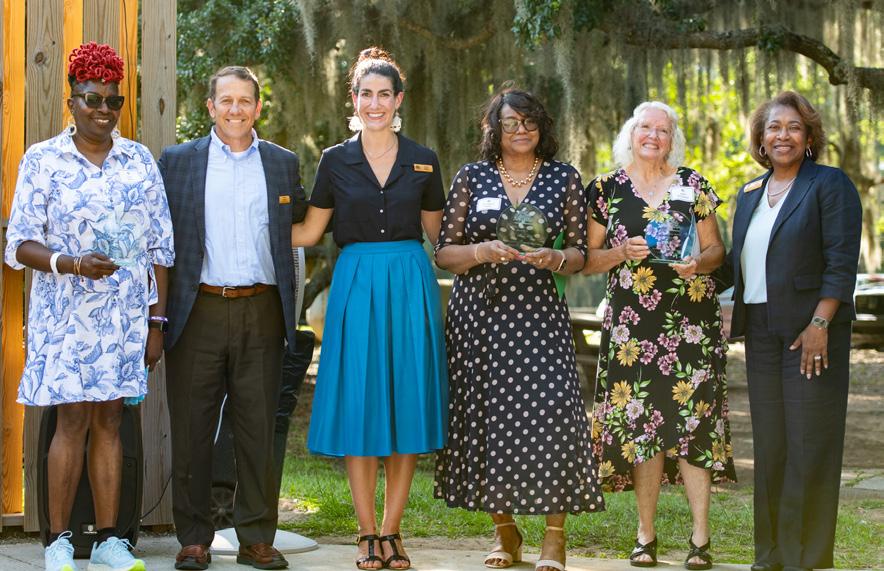




Faith Rivers James, JD, Executive Director
Yarley Steedly, Director of Government Relations
Elizabeth Gibson, Director of Human Resources
Renee Elek, Executive Assistant & Board Liaison
Joel Sandstrom, Chief Financial Officer
Chance Roe, Accountant
Jill Sonka, Accounts Payable Specialist
Patricia Dunmeyer, Office Administrator
Advancement
Mike Worley, Chief Advancement Officer
Amy L. Carter, Director of Development
Amy Meola, Annual Giving Manager
Emily Geiger, Grants Manager
Tyquan Morton, Member Database Administrator
Lily Abromeit, Director of Communications & Public Relations
Emmi Palenbaum, Communications Manager
Conservation
Emily Cedzo, Director of Conservation Programs & Policy
Riley Egger, Land, Water & Wildlife Program Director
Brooke Blosser, Land, Water & Wildlife Project Manager
Anna Kimelblatt, Communities & Transportation Program Director
Emma Berry, Communities & Transportation Project Manager
Torrey Sanders, JD, Communities & Transportation Project Manager
Taylor Allred, Energy & Climate Program Director
Kennedy Bennett, Energy & Climate Project Manager
Becky Ryon, North Coast Office Director
Trapper Fowler, North Coast Office Deputy Director
Jessie White, JD, South Coast Office Director
Grant McClure, South Coast Project Manager
Rachel Hawes, Coastal Stewardship & Engagement Manager
Benton Montgomery, Director of GrowFood Carolina
Becca Watson, Farm Outreach Manager
Rebekah Spaid, Farm Outreach Coordinator
Deirdre Tanner, Financial Operations Coordinator
Anna Ware, Sales & Marketing Director
MJ Campbell, Sales & Marketing Account Manager
Alexander Keesler, Sales & Marketing Assistant
Austin Lucas, GrowFood Carolina Program Coordinator
Paul Haire, Warehouse Operations Manager
Shawn Parks, Driver & Warehouse Associate
Matt Mays, Driver & Warehouse Associate
Brett Hayes, Driver & Warehouse Associate
Gus Lapin, Driver & Warehouse Associate
Danielle Silvers, Driver & Warehouse Associate

Kent Griffin, Board Chair
Steve Zoukis, Board Vice Chair
George Gephart, Secretary
Bill Brenizer, Treasurer
Dr. Tamara Butler
Andrew Carmines
Ceara Donnelley
Francie Downing
Lee Edwards
Carol Ervin
Arlene Flick
Shayna Howell
Chris Jaros
Whit Johnson
Cynthia “Cynnie” Kellogg
Tim Maloney
Jeremiah “Jerry” Milbank
Ascanio Serena di Lapigio
Claire Theobald
Charleston Office 131 Spring Street
Charleston, SC 29403
843.723.8035
action@scccl.org
GrowFood Carolina 1814 Harmon Street
Charleston, SC 29405
843.727.0091
info@growfoodcarolina.com
Columbia Field Office 1122 Lady Street Suite 705
Columbia, SC 29201
North Coast Field Office
301 Allied Drive
Coastal Science Center #160E Conway, SC 29526
843.349.4089
South Coast Field Office
1211 Harrington Street Beaufort, SC 29902
843.522.1800
In 2024, we had the privilege of celebrating 35 years of the Coastal Conservation League. Anniversaries are special occasions, and hearing so many people reflect on the impact the Conservation League has had over 35 years captured the spirit, serendipity, and passion that this organization was founded upon.
Over the years, the Conservation League took on the restoration and protection of the Francis Marion National Forest; they considered the impact of government policies and regulations on coastal communities; they fought against unbridled growth and for appropriately planned roads and neighborhoods –and we’ve been running ever since!
Many legacy projects have set the stage for our critical work today. From the “Global Gateway” decades ago to last year’s reset of the redevelopment plan for Union Pier, and continuing to safeguard critical habitats like Cape Romain, Crab Bank, and Deveaux Bank, our coalitionbased advocacy efforts continue to make a difference.
Over the last 35 years, a critical element of the Conservation League’s work has been advocating for urban design and planning projects that balance nature, community, and history. This work has often centered around advocating for intentional and common-sense roadways like we did this past fall in Charleston County. With a historic win in Charleston, we are poised to continue these efforts as these projects evolve.

We spent much of our 35th year reflecting on our past, and also thought about the next 35 years, and how our choices today will have a lasting and profound impact on future generations.
We envision a coast where wildlife thrives, air and water are clean, and natural landscapes are protected for generations. To achieve that vision, we will continue to advocate for the natural environment of South Carolina’s coast for the benefit of all.
We can’t do this work without our many supporters, who appreciate and love this special place as much as we do.
Your support this year protected beaches at the state level, established the first local conservation fund in Jasper County, kept Deveaux Bank for the birds, and so much more.
Your continued support is invaluable and deeply appreciated as we continue on this journey.
Thank you for standing alongside us. Thank you for investing in our future. Thank you for believing in what’s to come.
With Gratitude,

Faith Rivers James
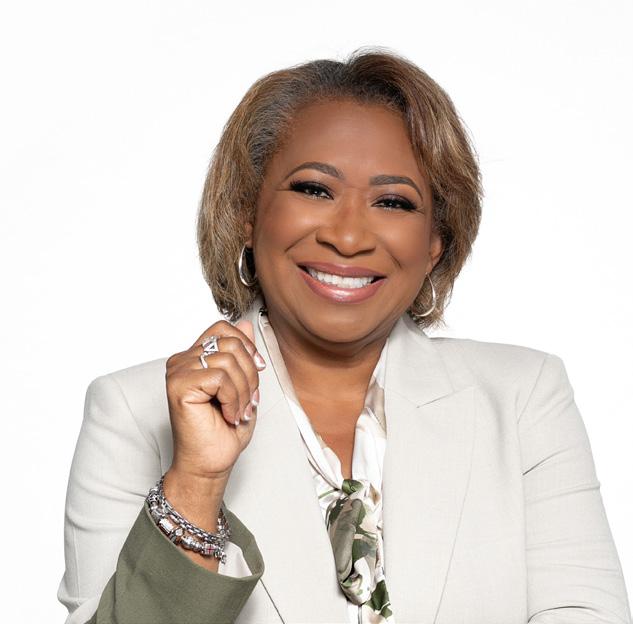
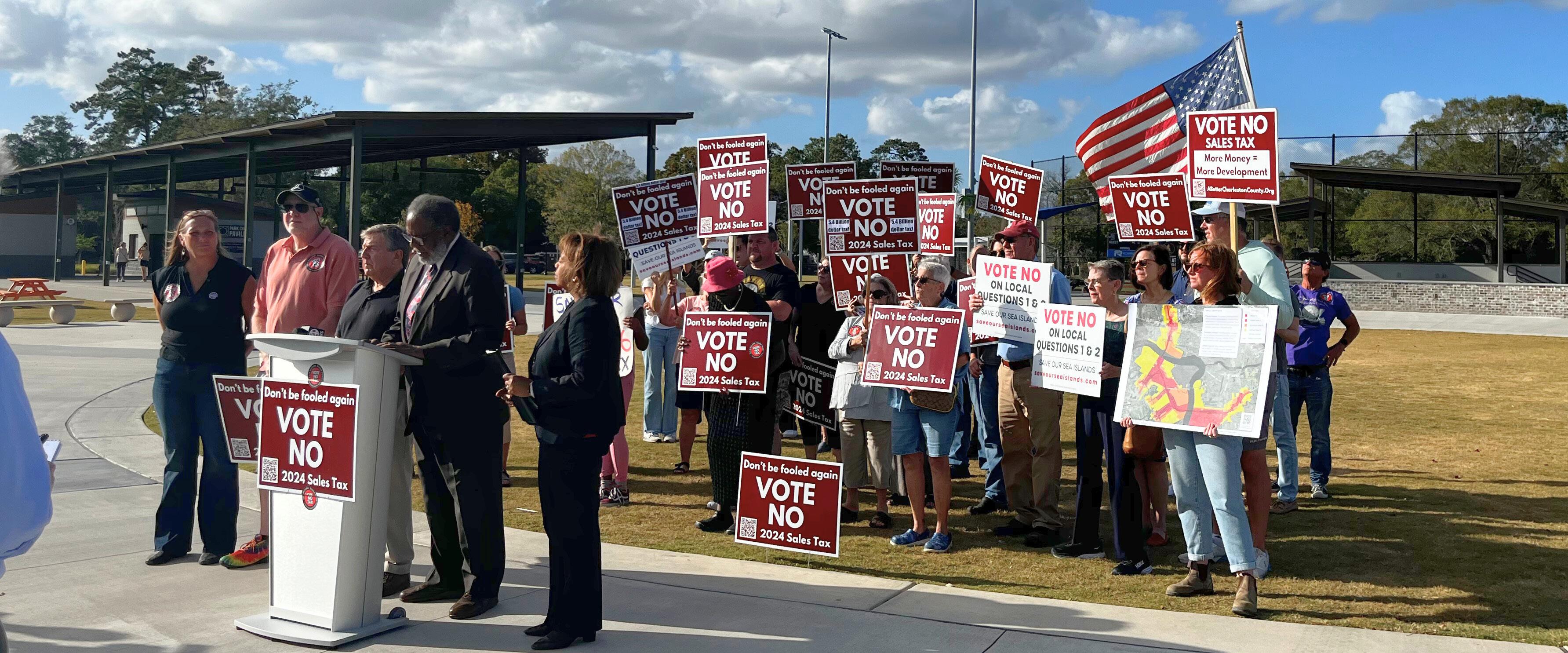
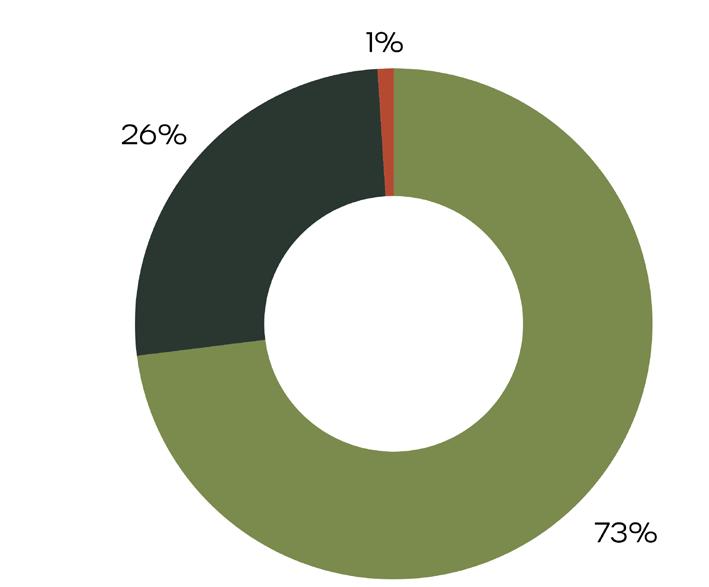


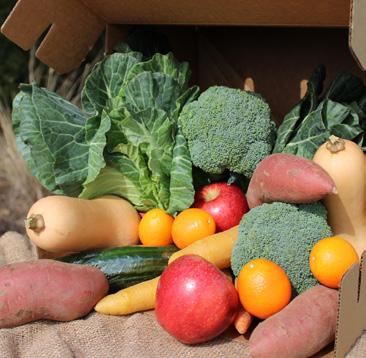


During their long migration, Red knots make a crucial stopover in South Carolina to forage on the nutrient-dense eggs of horseshoe crabs, which gives them enough energy to finish their long-haul flight.
In 2024, the Conservation League, the Southern Environmental Law Center and Defenders of Wildlife reached a major legal victory that secured necessary protections for red knots: safeguarding over 30 beaches and Cape Romain National Wildlife Refuge from horseshoe crab harvesting for a minimum of five years, allowing the birds to be able to harvest on the horseshoe crab eggs.
Over the past decade, towns and cities have passed various ordinances to reduce the use of harmful singleuse plastics like food wrappers, to-go containers, straws, utensils, and plastic bags. Some of this initial ordinance language created an unintentional loophole that allowed for stores to still offer thick plastic bags by marketing them as reusable. Even though they are marketed that way, they still often end up as trash in our marshes. The Conservation League advocated for amending language to close this loophole, and in 2024, the City of Charleston, the Town of Mount Pleasant, the Town of James Island, and the City of Folly Beach successfully did so.
During the 2024 legislative session the Eastern Brown Pelican was named the official Seabird of South Carolina. First described in the Charleston Harbor in 1789, this iconic species relies heavily on the South Carolina coastal habitat for nesting, including seabird sanctuaries Deveaux Bank and Bird Key. This designation highlights the importance of preserving and enhancing the habitat of this species and other seabirds along our coast, and serves as a symbol of South Carolina’s commitment to environmental stewardship and wildlife conservation.
In 2024, Jasper County passed a referendum that establishes its first local conservation fund. The special sales and use tax will raise $94 million to protect land and water and $376 million to fix existing roads over the next 15 years. The majority “Yes” vote (55%) on the referendum marks a huge step toward ensuring access to clean water and safe roads for all who call Jasper County home.
Charleston County voters made it clear in 2024: they prioritize our Sea Islands, Settlement Communities, and Lowcountry way of life more than a destructive road project. Voters stood up for the environment, community, and future by voting down the unbalanced and unfair 2024 special sales and use tax that would have funded the destructive I-526 Extension. South Carolina’s Joint Bond Review Committee formally revoked authorization and funding for the I-526 or “Mark Clark” Extension after Charleston County voted down a transportation sales tax referendum to fund the $2.3 billion dollar project. While the project could be revived again, the JBRC decision makes the possibility much more unlikely.
The Conservation League stood alongside partners to officially relaunch the Penn School for Preservation, continuing a threedecades-long partnership with the Penn Center. In February 2024, the Penn Center received a $650,000 grant from the Coastal Community Foundation to relaunch the Penn School for Preservation, using courses to address land loss and development pressures in Beaufort County by providing training in civic engagement, citizenship, and community-based planning. The Conservation League serves on the steering committee.
Over the last 35 years, increasing coastal development, rising seas, and storm activity have challenged South Carolina’s beaches. Most recently, longstanding laws under the Beachfront Management Act have also been challenged.
Thankfully, in July 2024, Governor McMaster removed harmful provisos from the state budget that would have undone longstanding protective laws that prohibit new seawalls on our beaches and undermined the Department of Health and Environmental Control—now known as the Department of Environmental Services—which works to protect beaches.
In 2024, the Jane Lareau Award for Environmental Activism was presented to several outstanding community members and partners that embody the energy, spirit, wisdom, and memory of Jane Lareau, Coastal Conservation League’s passionate and relentless co-founder.
Katie Zimmerman, Executive Director of Charleston Moves and former Air, Water and Public Health Program Director of the Coastal Conservation League, was awarded for her incredible contribution to our environment and communities.
In the South Coast, Janet McCauley, Dr. Marie Gibbs, and Arnold Brown were recognized for their role in the St. Helena community’s determined fight to preserve the culture and land of their island and to protect the Cultural Protection Overlay.
